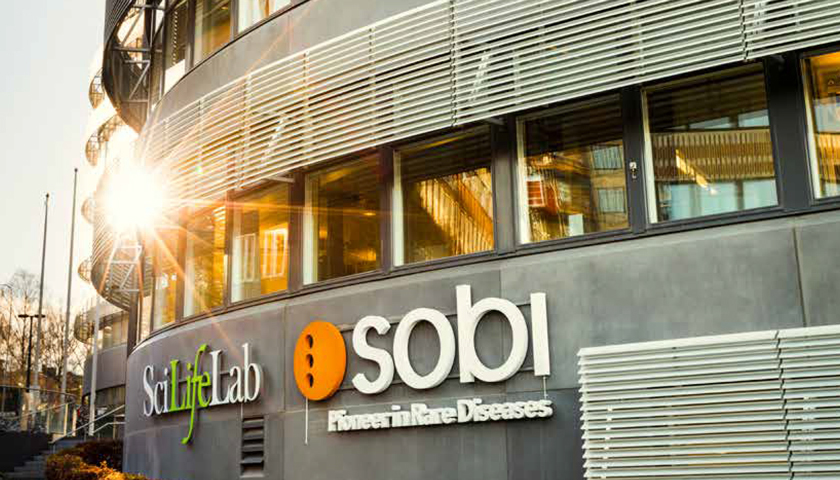AZ buys cut price priority review voucher, but for what?

AstraZeneca has bought a priority review voucher (PRV) from Swedish biotech Sobi for $95 million, but isn’t revealing just yet what it intends to use it for.
A PRV can be used to reduce an FDA regulatory review by four months to six months, and there has been a thriving trade in them over the last few years driven by companies that feel there is a significant benefit from reducing the time to market for a new drug product.
Drug developers are awarded PRVs from the FDA as a reward for bringing orphan drugs for diseases with significant unmet need to market, and this one was awarded to Novimmune when it got approval for Gamifant (emapalumab) for hemophagocytic lymphohistiocytosis (HLH) from the FDA last November.
Stockholm-based Sobi claimed rights to Gamifant – and the PRV – when it acquired the business from Novimmune in a $518 million deal in June.
The price paid by AZ suggests that the going rate for PRVs continues to slide, however, having reached a peak when AbbVie paid a whopping $350 million for one awarded to United Therapeutics in 2015. In 2017 the deal values were still generally above $100 million, but since then have slipped below that threshold.
At the time only a handful of vouchers had been granted by the FDA, but the drive by biopharma companies into rare diseases has made them more common. That may explain why prices are on the slide, and it may also be that with a fairly fertile fundraising environment smaller biotechs are hanging onto them in case they can benefit from them in the future.
There were six PRVs awarded in 2017, seven in 2018 and so far 2019’s tally has reached five with four months of the year still to go.
Speculation on the motivation for AZ’s purchase is focusing mainly on two late-stage projects which could both benefit from a head start in the market.
One is Fibrogen-partnered HIF-PHI drug roxadustat for anaemia associated with chronic kidney disease, which is already approved in China – picking up an additional approval for a broader patient population just this week. It is in a race to market with GlaxoSmithKline’s daprodustat in the US, Europe and other world markets including Japan.
Roxadustat is tipped to become a $2 billion product in 2023, according to Clarivate forecasts, and with GSK hard on its heels with data that looks comparable a few months’ lead could make it easier to claim dominance in the emerging HIF-PHI market.
Another is HER2-targeting antibody-drug conjugate (ADC) trastuzumab deruxtecan (DS-8201) for breast, gastric and other solid cancers, which AZ licensed from Daiichi Sankyo earlier this year in a massive deal that included $1.35 billion upfront and another $5.55 billion in potential follow-up payments.
DS-8201 is currently in phase 3 testing for HER2-positive breast cancer, including a head-to-head trial with Roche’s $1 billion-a-year HER2-targeting ADC Kadycla (trastuzumab emtansine) and importantly another late-stage study in advanced breast cancer patients with lower levels of HER2 expression.













